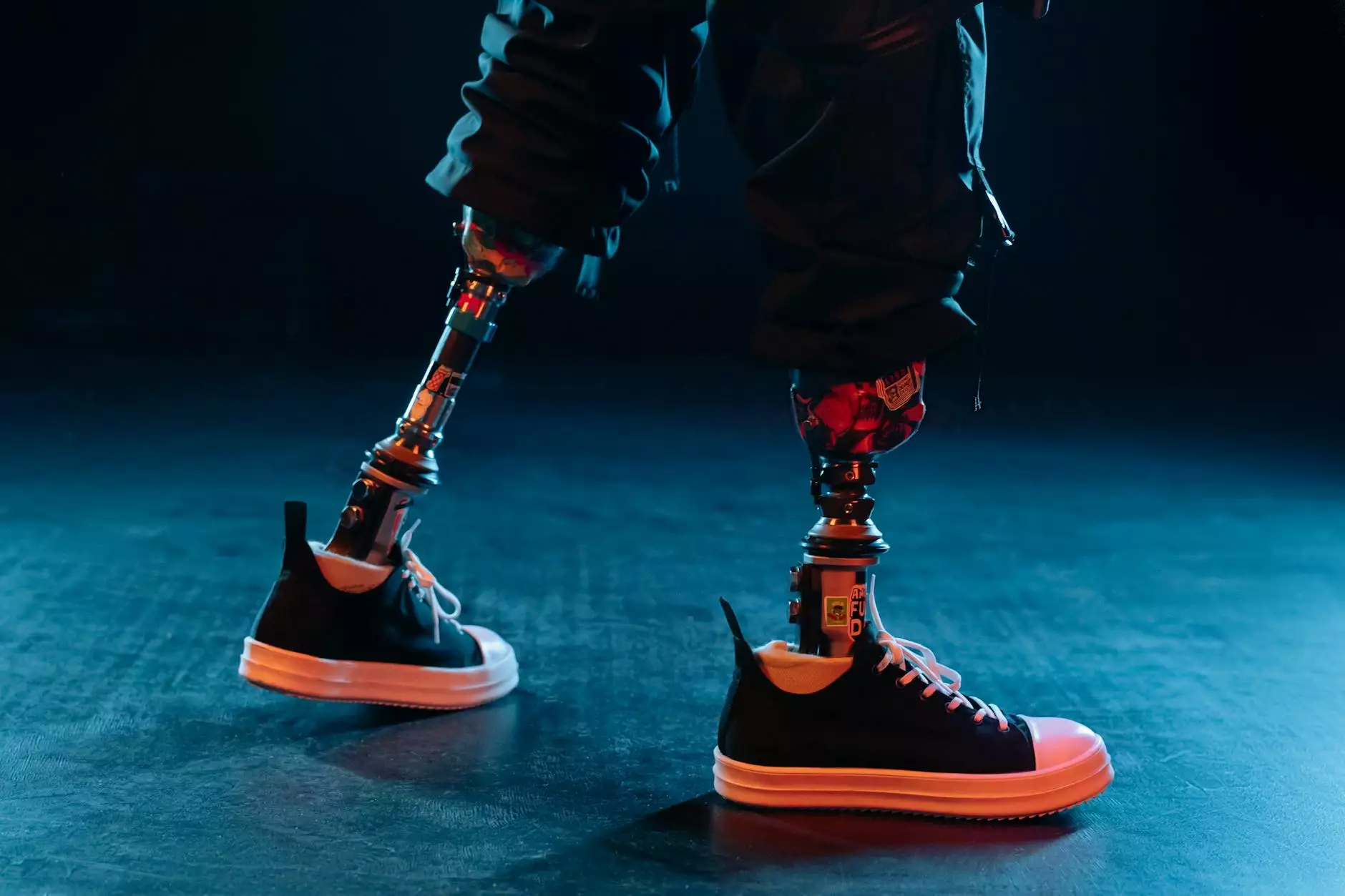Potential of Artificial Intelligence in Healthcare Industry
Artificial Intelligence
Introduction
The healthcare industry has been rapidly advancing with the advent of new technologies, and one area that holds immense promise is the integration of Artificial Intelligence (AI). Coyote Website Design, a trusted name in the business and consumer services sector specializing in website development, recognizes the potential of AI in revolutionizing healthcare.
How AI is Transforming Healthcare
Artificial Intelligence has the power to tackle various challenges faced by the healthcare industry. By leveraging machine learning algorithms and big data analytics, AI can unlock invaluable insights, improve diagnostics, enhance treatment plans, and provide personalized care to patients.
Improved Diagnostics
AI-powered diagnostic tools have the ability to analyze large volumes of medical data and identify patterns and anomalies that might go unnoticed by human doctors. By using deep learning algorithms, AI systems can detect early signs of diseases and significantly improve diagnostic accuracy.
Enhanced Treatment Plans
By integrating AI technologies into electronic health records (EHRs), healthcare providers can gain access to real-time patient data and historical records. AI algorithms can then analyze this information to generate personalized treatment plans tailored to each patient's unique needs, optimizing outcomes and reducing reliance on generic treatment approaches.
Virtual Assistants
AI-powered virtual assistants, such as chatbots, can revolutionize patient interactions. These virtual assistants can provide instant responses to basic healthcare queries, offer medication reminders, schedule appointments, and even assist in triaging patients based on their symptoms, thereby increasing the efficiency of healthcare delivery.
Precision Medicine
AI enables precision medicine by analyzing vast amounts of genomic data and identifying specific genetic markers associated with diseases. This allows for the development of targeted treatments that can be tailored to individual patients, leading to more effective therapies and improved patient outcomes.
Drug Discovery and Development
With the help of AI, the process of drug discovery and development can be accelerated. AI algorithms can analyze enormous datasets, identify potential drug targets, optimize molecule structures, and predict drug efficacy, thereby streamlining the entire drug development pipeline.
Challenges and Ethical Considerations
While the potential of AI in healthcare is transformative, it is crucial to address the challenges and ethical considerations associated with its implementation.
Data Privacy and Security
The use of AI in healthcare requires access to sensitive patient data. To ensure privacy and security, it is essential to develop robust data protection measures, comply with legal and regulatory requirements, and implement encryption and strict access controls to prevent unauthorized access.
Algorithm Bias
AI algorithms are only as good as the data they are trained on. If the training data is biased, it may lead to algorithmic biases that can result in disparities in diagnosis and treatment. It is crucial to use representative and diverse datasets to minimize algorithmic biases.
Transparency and Accountability
AI systems, especially those using machine learning, can sometimes be viewed as black boxes, making it difficult to understand the decision-making process. Ensuring transparency in AI algorithms and maintaining accountability is essential to build trust and receive regulatory approvals.
Conclusion
The potential of Artificial Intelligence in the healthcare industry is vast. Coyote Website Design recognizes the importance and transformative power of AI and provides exceptional website development services to businesses in the healthcare sector. Leveraging advanced technologies, we help healthcare organizations harness AI to improve diagnostics, enhance treatment plans, and deliver personalized care, ultimately benefiting both patients and providers.



